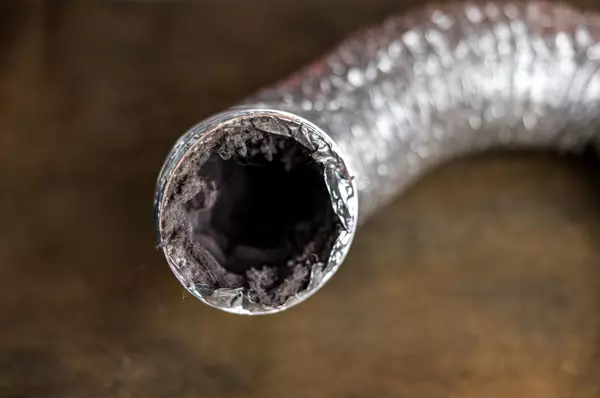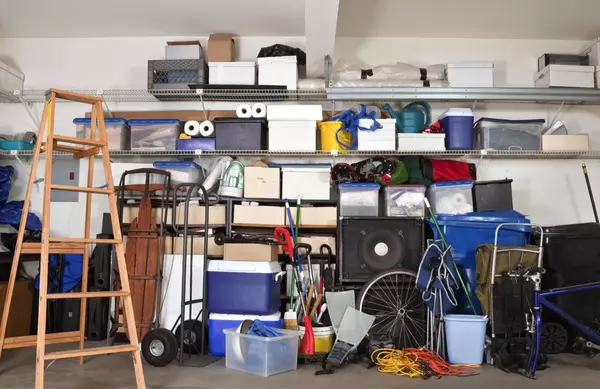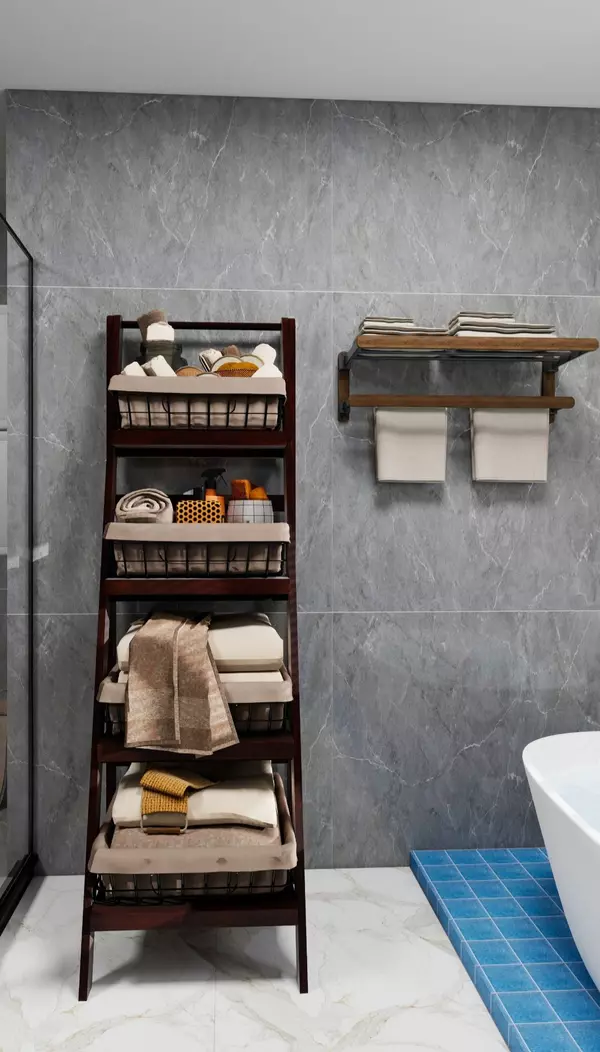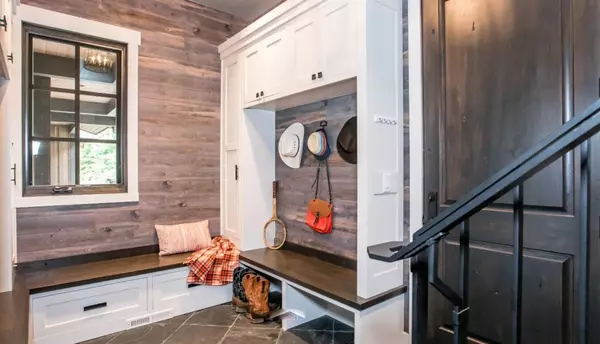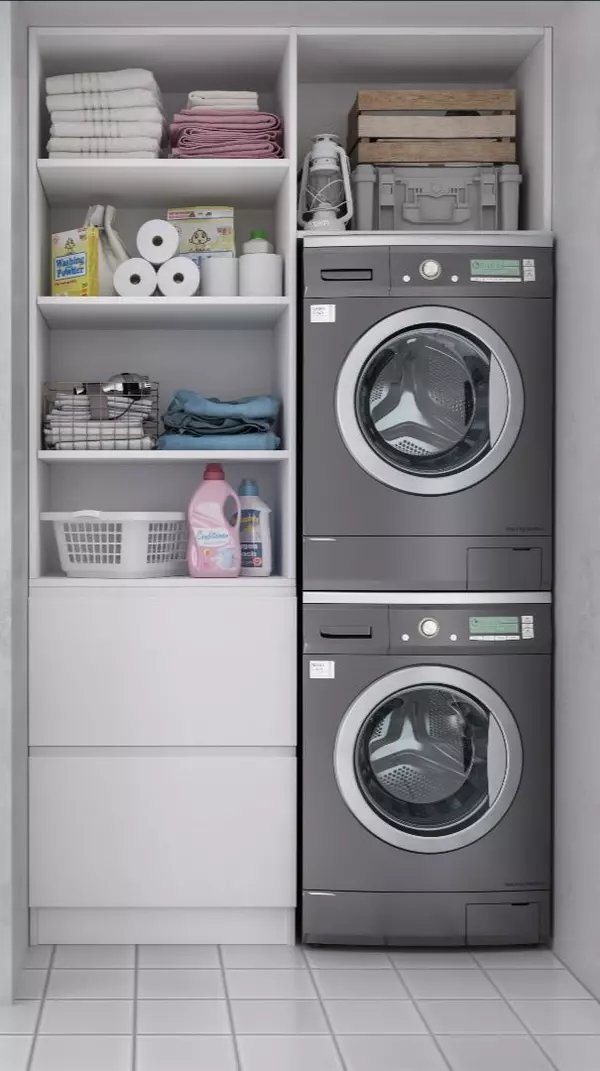Understanding Escrow Deposits in NJ Home Buying

One of the most confusing aspects of buying a home in New Jersey is understanding escrow deposits. Unlike in some states where earnest money deposits are common, NJ follows a different process.
What is an Escrow Deposit?
In New Jersey, buyers do not make an earnest money deposit when submitting an offer. Instead, once the attorney review period is completed and the contract is finalized, the buyer makes an escrow deposit. This deposit is typically 5%-10% of the purchase price and is held in a secure escrow account, usually managed by the seller’s attorney or title company, until closing.
Why Do Buyers Need an Escrow Deposit?
The escrow deposit shows the seller you are committed to the purchase and serves as part of your down payment at closing. If the contract is terminated due to contingencies, such as a failed inspection or financing issues, the deposit is typically refunded. However, if a buyer backs out without a contract-based reason, they may forfeit the deposit.
Key Takeaway
Since New Jersey does not require earnest money deposits upfront, buyers should be prepared to make their escrow deposit promptly after attorney review ends. Understanding this process can help you avoid delays and keep your transaction on track.
Recent Posts
